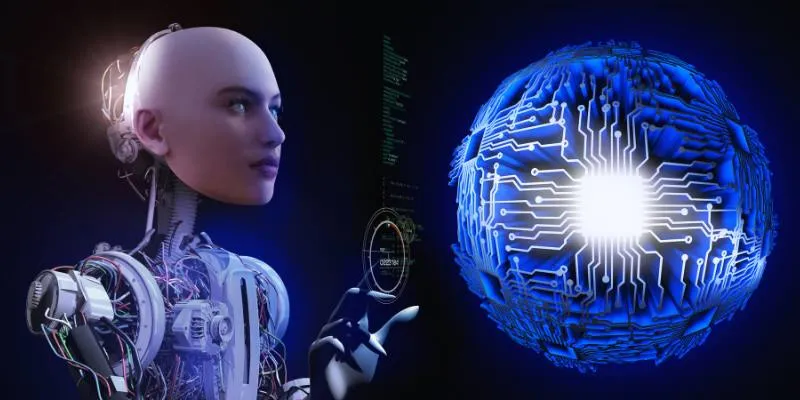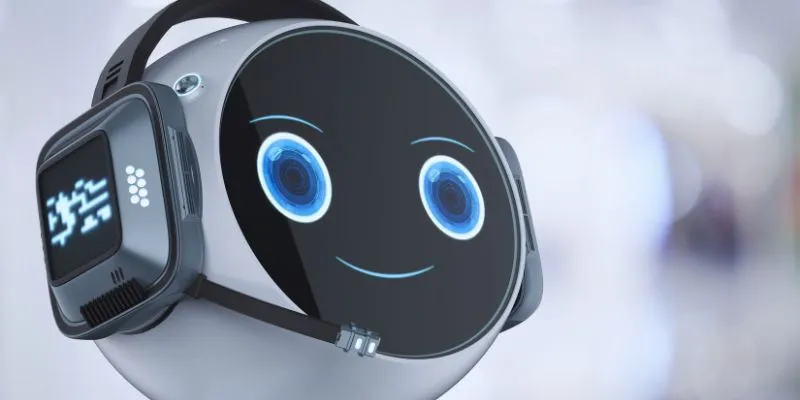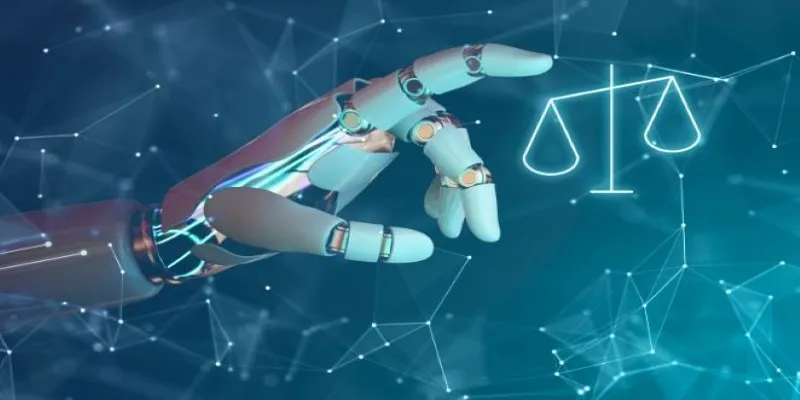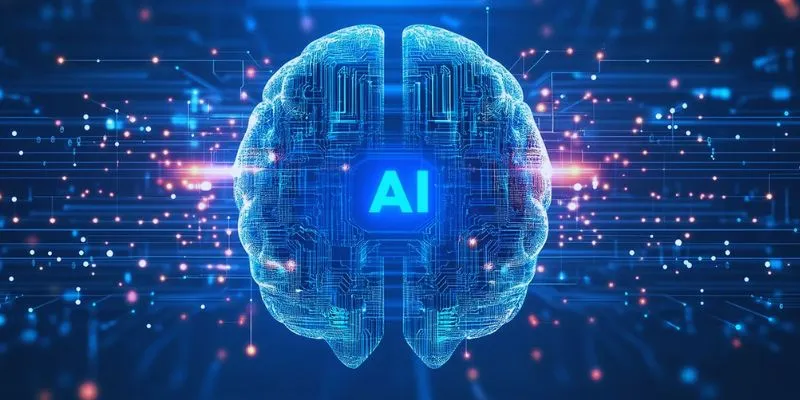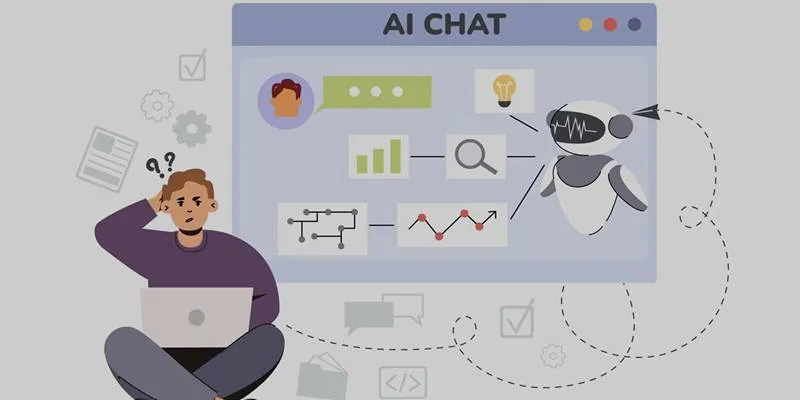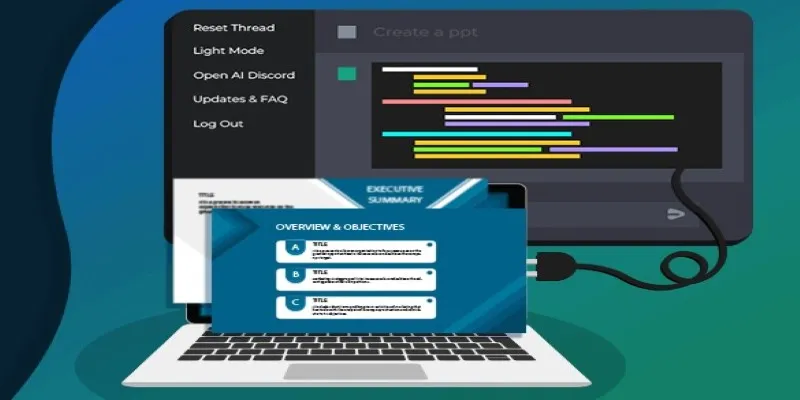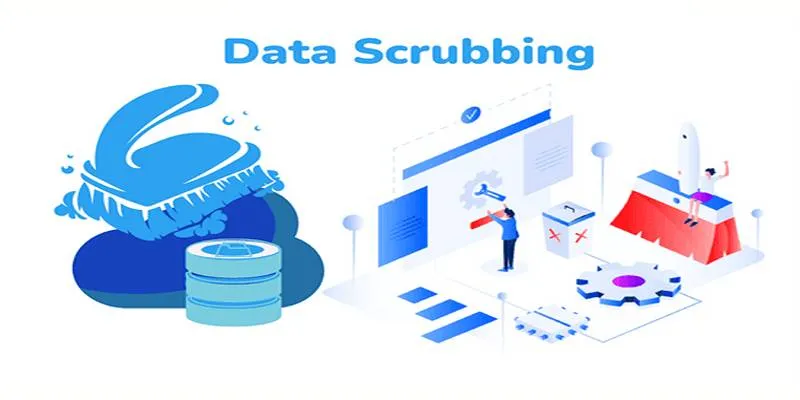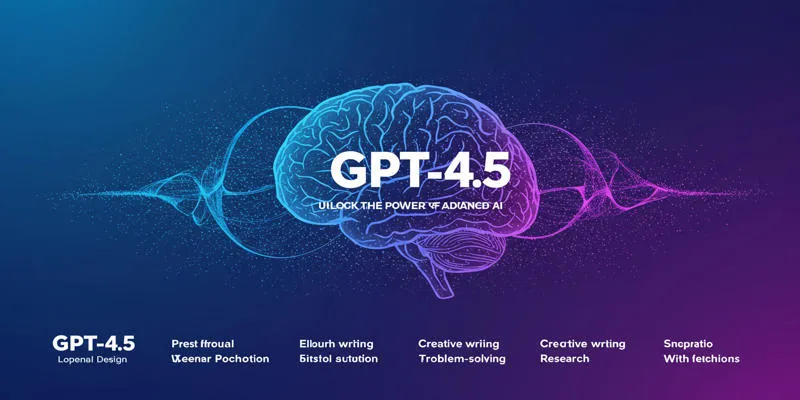In today’s digital landscape, effective content creation is crucial for successful marketing strategies. Both artificial intelligence (AI) and human writers offer unique advantages and limitations in this realm. AI writers excel in producing quick, scalable content, while human writers infuse creativity and emotion into their work. Understanding the differences between AI and human writers can help you determine the best approach for your content needs.
This article explores the benefits and drawbacks of AI versus human writers for content creation, helping you enhance your content strategy. By understanding these aspects, you can make informed decisions about integrating AI and human-generated content.
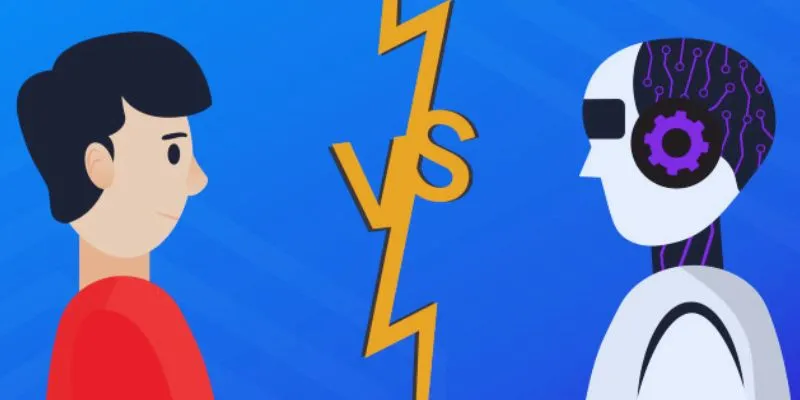
Advantages of AI Writers in Content Creation:
AI writers have gained popularity due to their ability to consistently produce content at a rapid pace. The primary advantage of AI is its speed. AI can generate content in a fraction of the time it takes a human writer, making it ideal for businesses with tight deadlines. Additionally, AI is cost-effective, often being more affordable than hiring human writers.
Another significant benefit is scalability. AI allows for the creation of large volumes of content without the need for additional staff. However, AI- generated content often lacks the emotional depth and originality that human writers provide. While AI can produce grammatically correct and structured content, it cannot replicate the emotional connection and creativity of human writers.
Benefits of Human Writers for Content Creation
Human writers bring emotional intelligence and creativity that AI cannot match. They craft engaging stories and connect with readers on a personal level, which is essential for building brand loyalty and conveying unique narratives. Human writers draw on personal experiences and emotions to create content that resonates with audiences.
Moreover, human writers understand context and nuances better. They can adapt to various tones, styles, and audiences, whereas AI might struggle with ambiguity or complex language. Human writers excel in incorporating feedback and editing to ensure alignment with a brand’s voice. They create original, customized content without relying solely on existing data, distinguishing brands in a crowded digital marketplace.

Limitations of AI Writers in Content Creation
Despite their benefits, AI writers have limitations. A primary drawback is their lack of originality and creativity. AI can analyze extensive data and generate content based on trends, but it cannot develop innovative ideas. Consequently, AI-generated content might become formulaic and predictable.
AI may also struggle to align content with a brand’s tone or values. While it can mimic writing styles, AI cannot fully capture a brand’s voice or adapt to audience preferences. Additionally, AI lacks emotional depth, often resulting in content that feels mechanical. This limitation is significant when creating content meant to inspire or evoke emotions.
Drawbacks of Human Writers in Content Creation
Despite their creativity, human writers face challenges. Time is a major constraint. Human writers take longer to produce content, especially when it involves research or revisions, which can be problematic for businesses with strict deadlines.
Moreover, human writers are generally more expensive than AI. Hiring skilled writers can strain budgets, particularly for startups or smaller companies. Consistency is another issue. Experienced writers may experience burnout or fluctuations in performance, affecting content quality over time, especially with multiple projects to manage.
SEO: AI or Human Writers?
Search engine optimization (SEO) is a crucial aspect of content creation. Both AI and human writers contribute to SEO, albeit in different ways. AI excels at generating SEO-friendly content quickly, utilizing keywords, meta descriptions, and other elements that optimize websites for search engines. This is invaluable for businesses needing to produce a large volume of SEO- optimized content swiftly.
Conversely, human writers often have a deeper understanding of user intent and can create content that appeals to both readers and search engines. They produce valuable content that not only ranks well but also engages audiences. Human writers create content more likely to be shared or linked to, enhancing SEO results. While AI can rapidly generate content for SEO, human writers offer a comprehensive approach, focusing on creating shareable, meaningful content.
When to Use AI Writers for Content Creation?
AI writers are ideal when speed, scalability, and cost-efficiency are priorities. They excel in generating content for tasks like product descriptions, blog posts, or social media updates, where large volumes of straightforward material are required quickly. AI is a suitable choice if the content doesn’t necessitate strong emotional connections.
Additionally, AI writers are valuable for streamlining content development processes. AI can be programmed to generate content based on specific guidelines, ensuring consistency and efficiency. This makes AI an excellent tool for teams needing to meet regular content demands.
Conclusion:
The debate between AI and human writers presents varied advantages and disadvantages. AI writers are fast, cost-effective, and ideal for high-volume content production but lack emotional complexity and creativity. On the other hand, human writers, while more expensive and slower, provide unique, emotionally impactful content. Understanding these pros and cons helps in deciding the best approach for your content needs. Often, combining AI and human writers yields the most effective results for content creation.
 zfn9
zfn9



